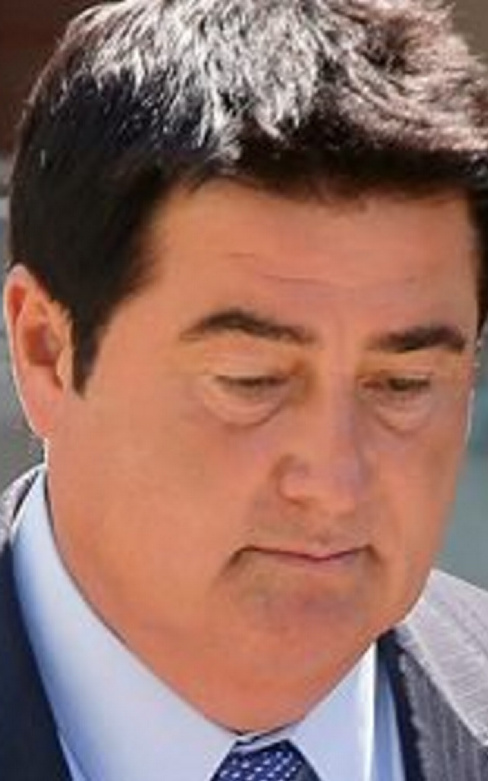Former Portland developer Michael Liberty and other defendants are formally denying allegations that they defrauded investors of nearly $50 million.
The federal Securities and Exchange Commission charged Liberty and the others – including his wife, lawyer and cousin – in April, alleging they tricked investors into putting money into a technology startup and instead used the funds to pay for chartered flights, expensive homes and cars, production of a movie and the purchase of a dairy farm in Maine.
The charges relate to Mozido, a Texas-based company that Liberty founded and which was supposed to develop applications that would allow users to access banking and other financial services via their cellphones.
Papers filed Friday in U.S. District Court in Portland deny the SEC allegations paragraph by paragraph, but don’t offer any specific rebuttals of the charges.
According to the SEC charges, Liberty sold investors shares in shell companies that allegedly could be converted into stock in Mozido. But, according to the SEC’s lawsuit, the shell companies either didn’t have convertible shares or were barred from transferring the investments. Liberty and the others, the suit charges, lied to the investors about Mozido’s valuation, finances, Liberty’s investments and how their funds were to be used.
Named in the suit in addition to Liberty, 57, are his wife, Brittany Liberty, who was Liberty’s bookkeeper before the couple married; Portland lawyer George Marcus; Rick Liberty, a cousin of Michael Liberty; Paul Hess, a friend of Rick Liberty; and five shell companies.
Rick Liberty and Hess found investors, the allegations say, and kept Brittany Liberty (nee Abbass) informed of their progress. Marcus provided legal advice on handling the investments, the SEC alleges, and drafted documents that misrepresented or omitted facts about the investments.
Michael Liberty, his wife and Hess pocketed most of the money that came in, the SEC said. For instance, according to the suit, of the first $19.2 million from investors, $16 million was transferred to Xanadu Partners, a company controlled by Liberty, and was used to pay personal bills and court fines; settle lawsuits; underwrite a movie that Brittany Liberty was producing; and pay for interior decorating services.
Liberty and Marcus denied the allegations publicly shortly after the charges were filed. On Friday, all of the defendants filed formal denials of the charges in U.S. District Court in Portland.
The filings by the defendants also ask that a judge issue judgments in their favor and order the SEC to pay their legal fees.
A Philadelphia law firm said it is investigating the allegations and is recruiting investors who lost money to join together to try to recover some of their investments. That could possibly lead to a lawsuit against Liberty and the others.
The SEC suit is the latest in a string of legal problems for Liberty, a Gray native who developed Portland’s 100 Middle Street office complex and Chandler’s Wharf condominiums in the 1980s before moving on. He now lives in Florida, although he still has holdings in Maine and the SEC contends most of the activity in the allegations occurred here.
Last summer, Liberty pleaded guilty in federal court in Portland to violating campaign finance laws, served four months in a federal prison and paid a $100,000 fine.
The SEC is also asking a federal judge in Pennsylvania to reinstate $5.4 million of a fine against Liberty for allegedly defrauding investors there. Liberty filed financial statements showing that he had a net worth of negative $29 million while bragging that his Mozido holdings were worth $127 million.
The judge had cut Liberty’s fine to $600,000 based on the documents. The SEC said that Liberty lied about his finances and it is asking that the original $6 million fine be reinstated.
Edward D. Murphy can be contacted at 791-6465 or at:
emurphy@pressherald.com
Send questions/comments to the editors.




Comments are no longer available on this story